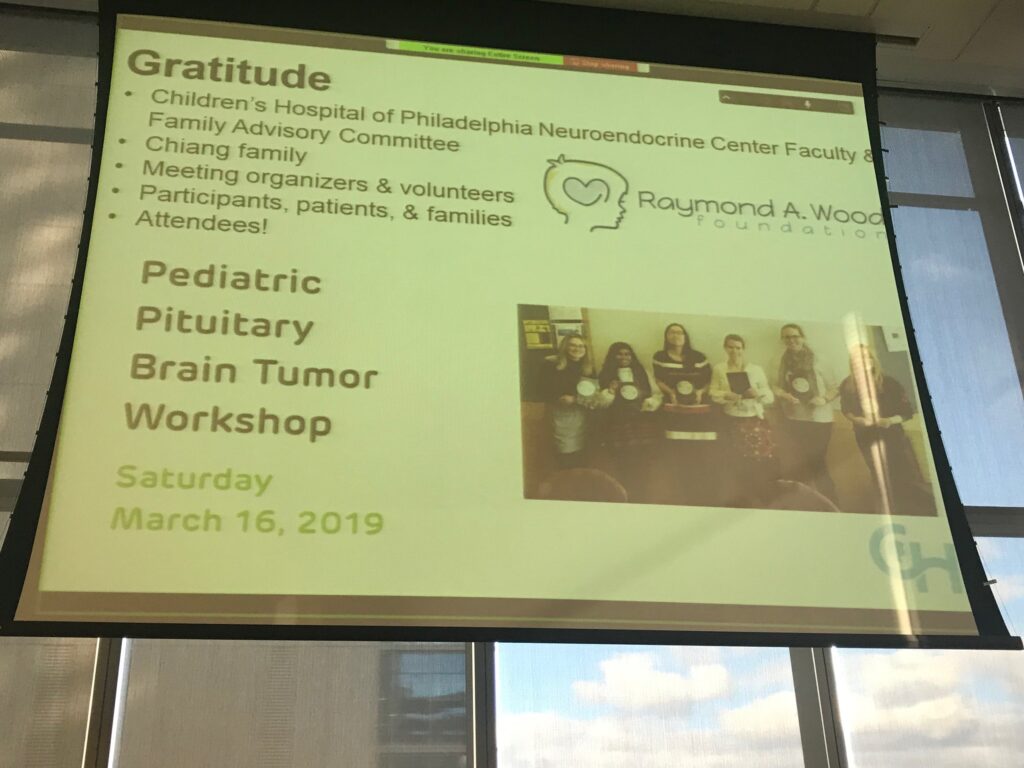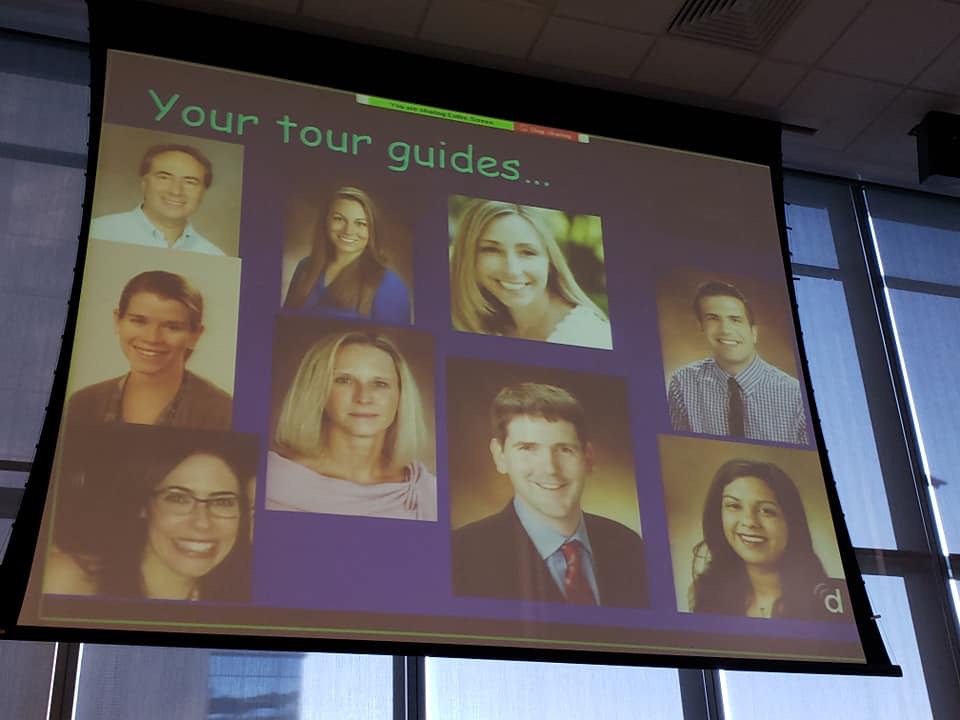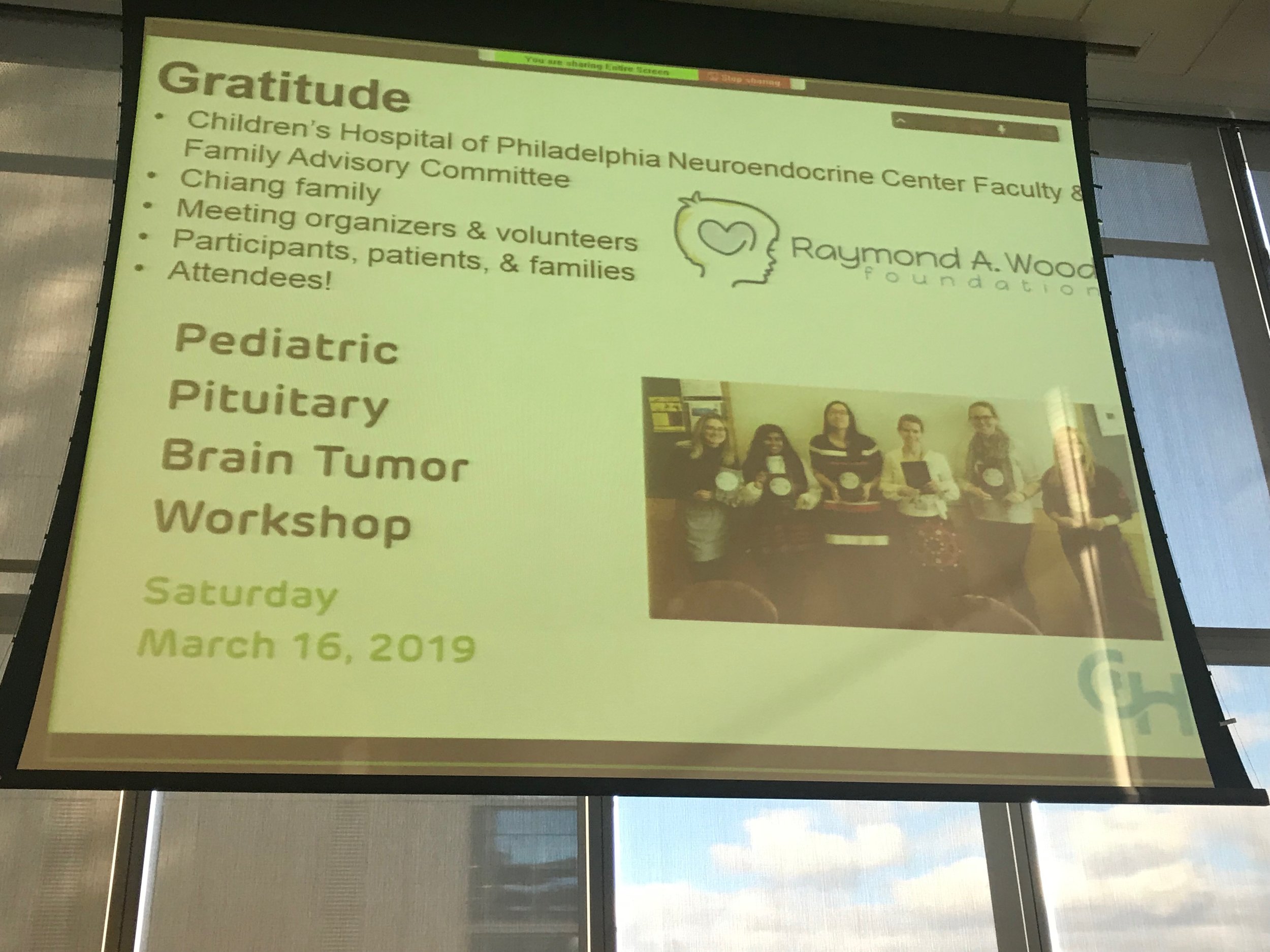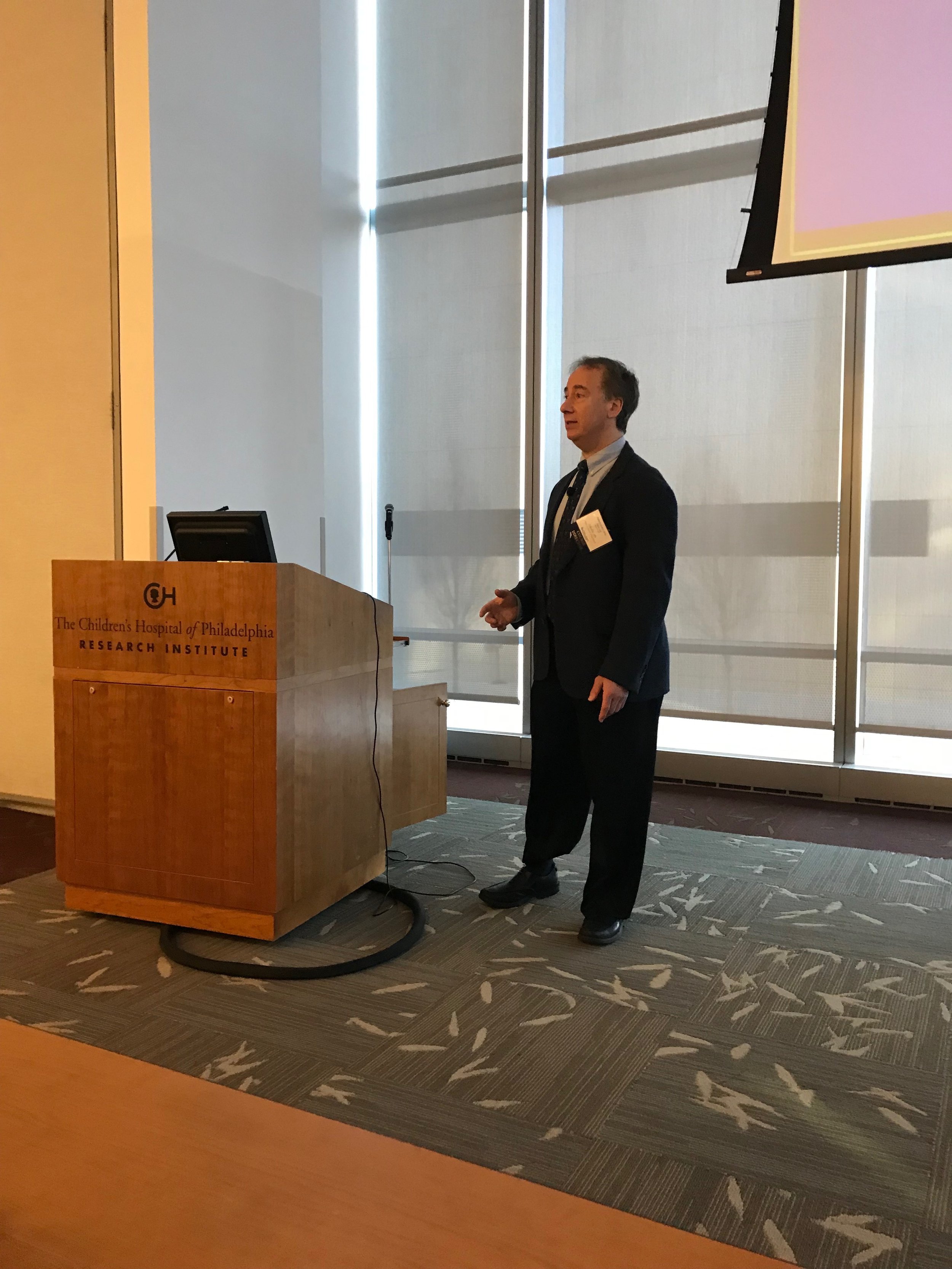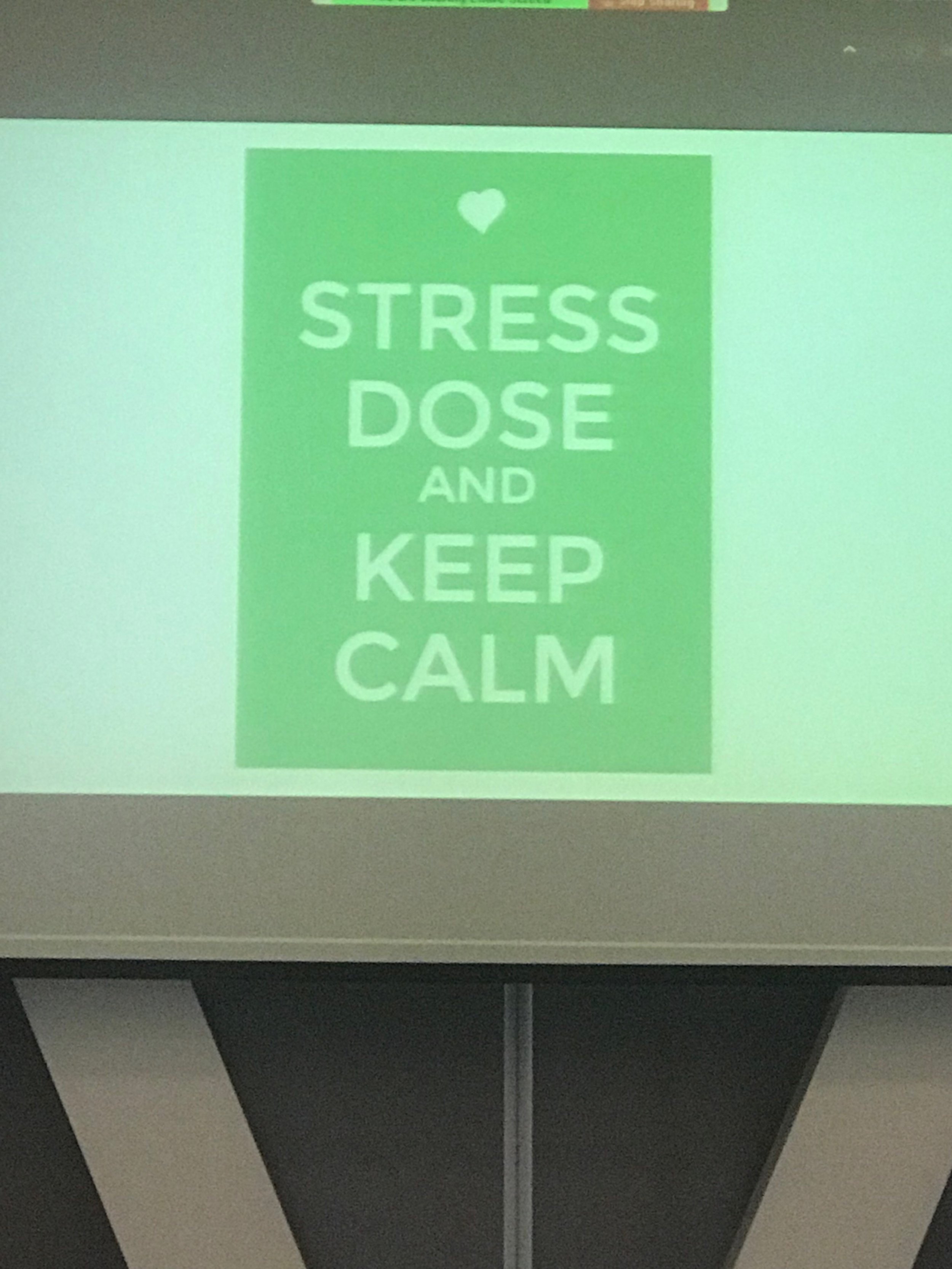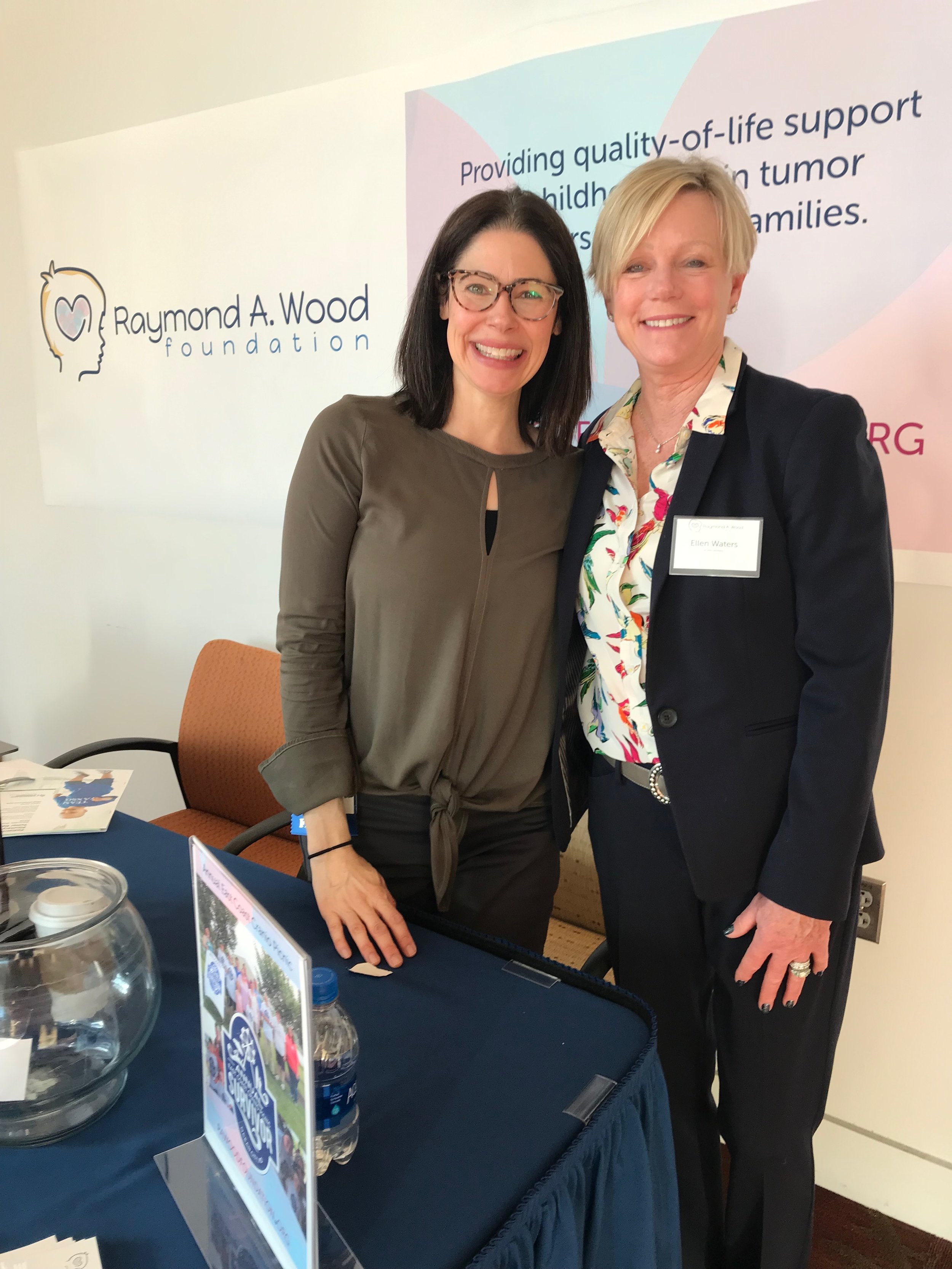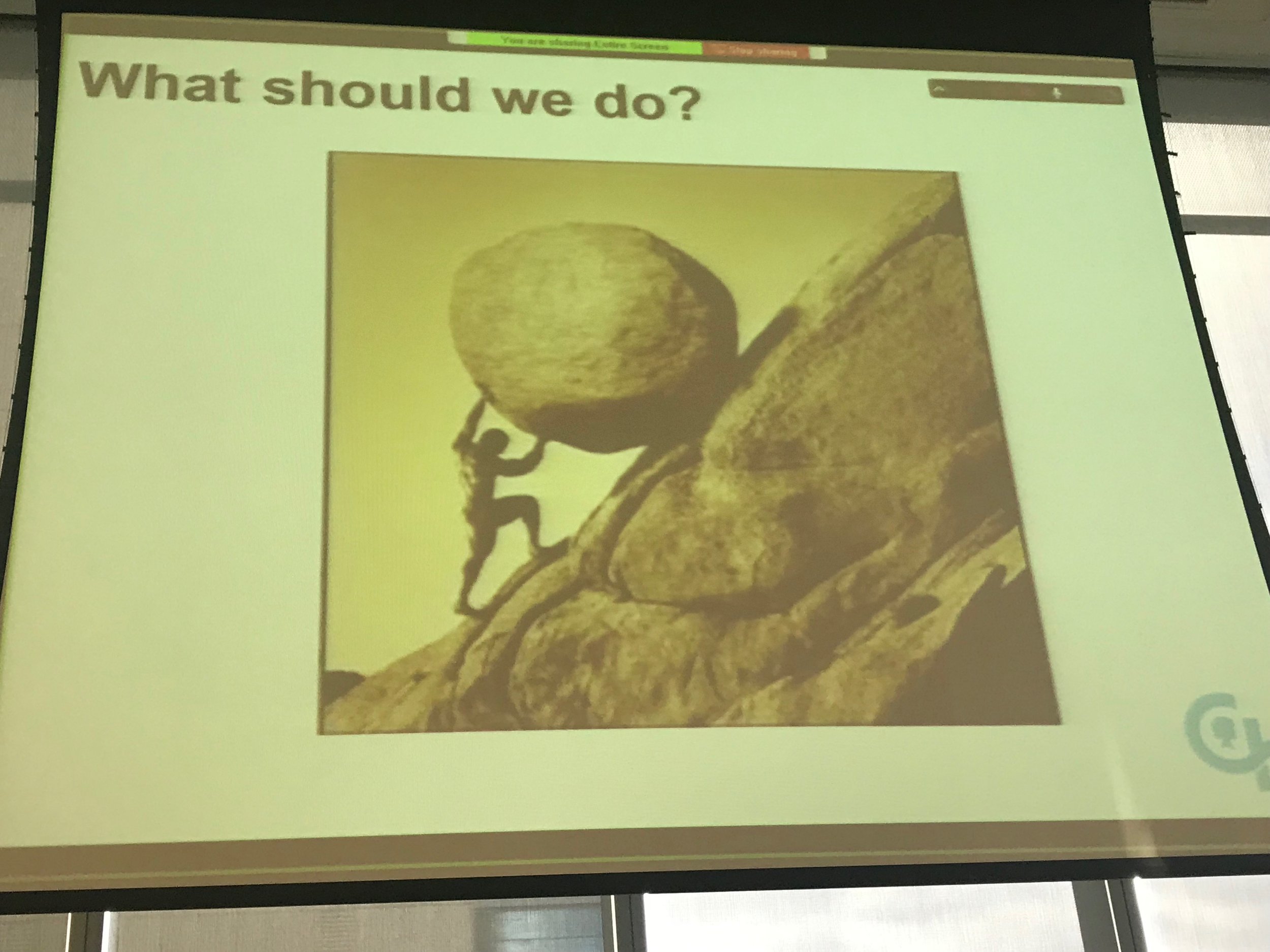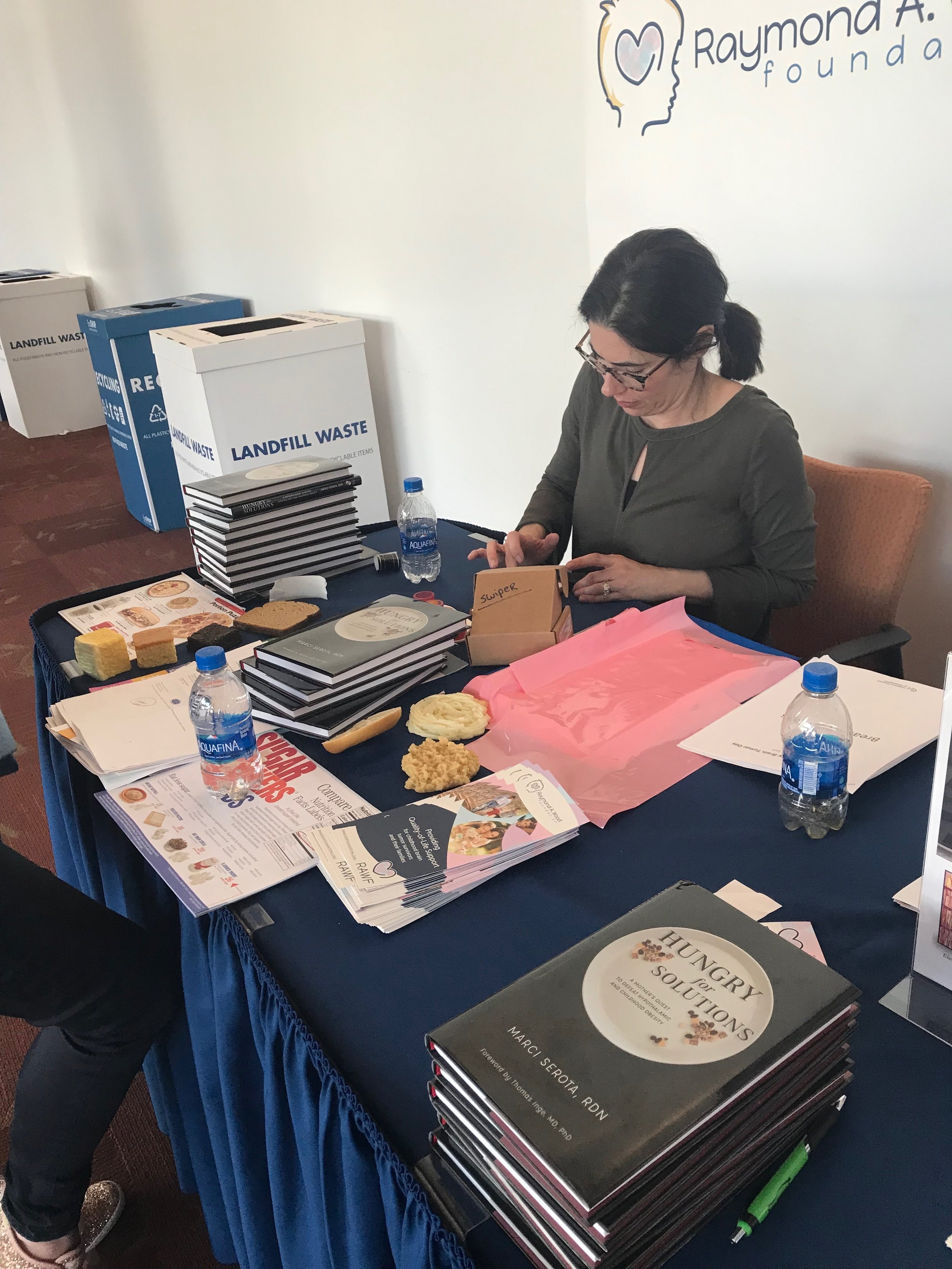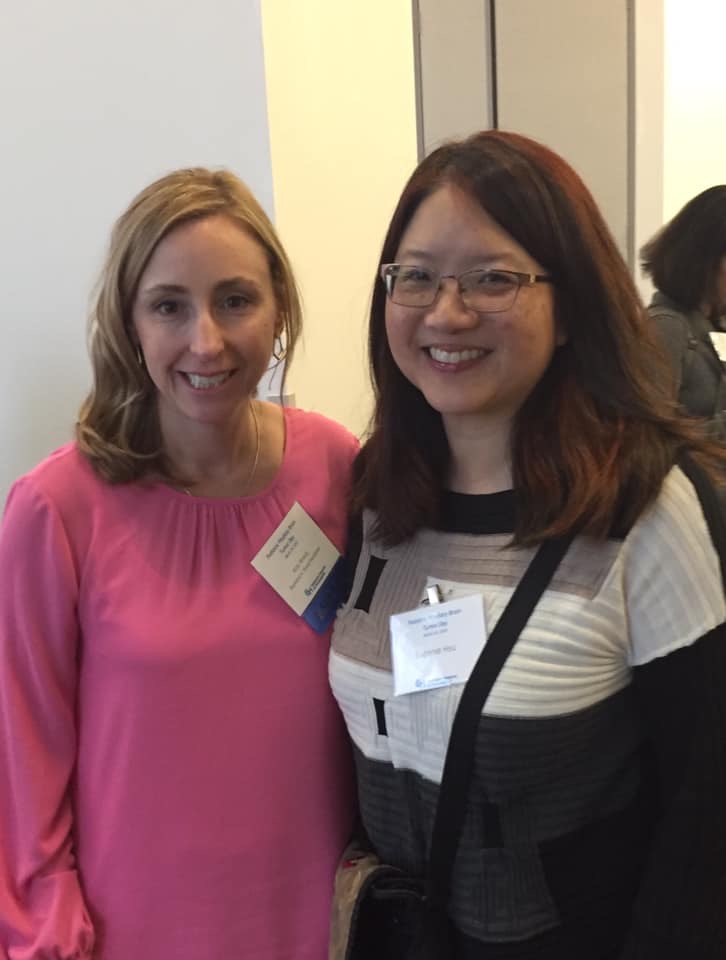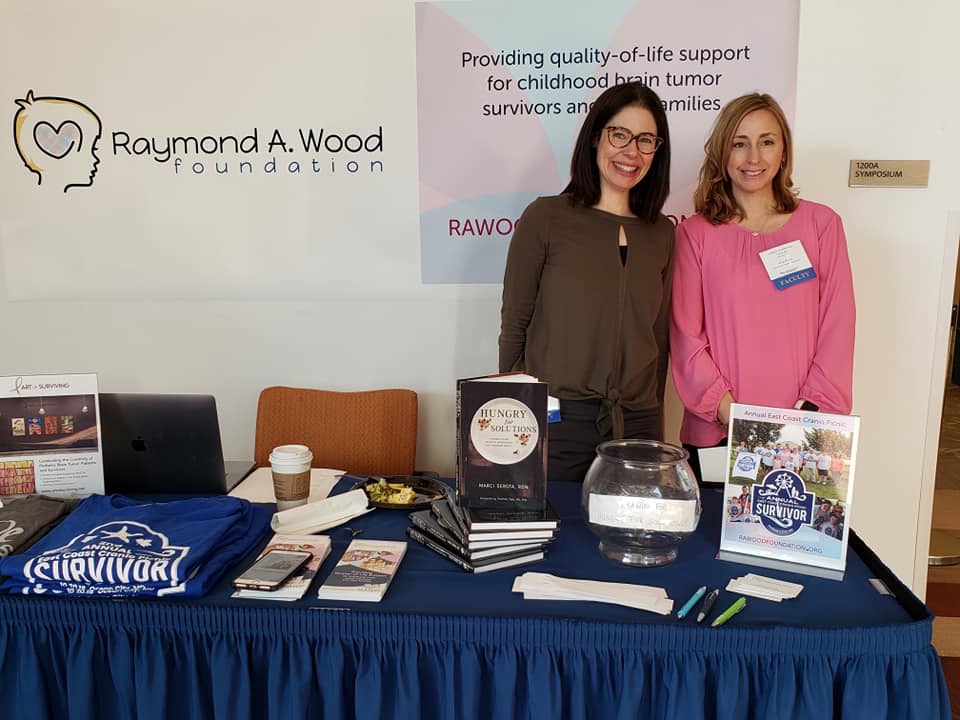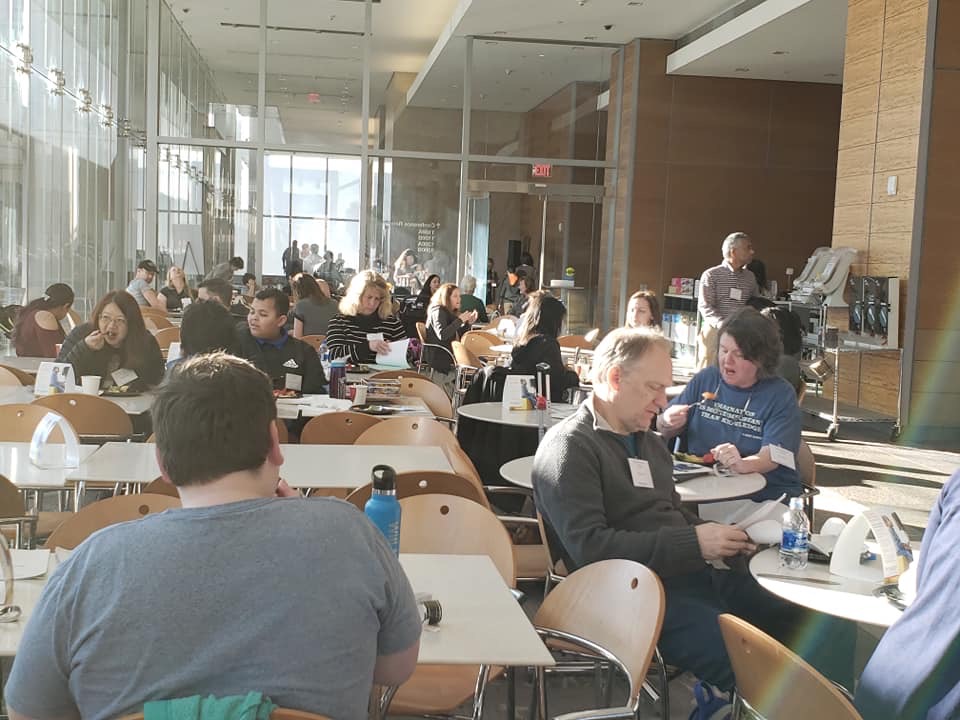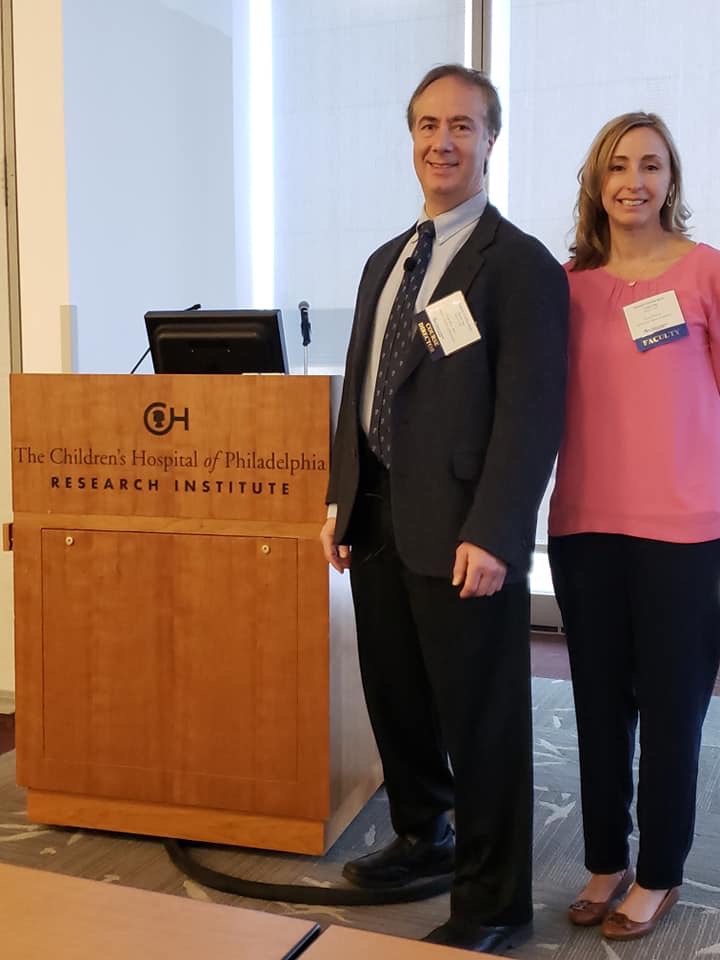For those out there that have followed our story since Alex’s diagnosis, you might have heard me say over and over again that there are blessings in this journey. Yesterday was an example of one of those blessings.
The Pituitary Brain Tumor Day at Children’s Hospital of Philadelphia (CHOP) was an idea that came up almost a year ago in a routine follow up endocrinology appointment for Alex, where we had the pleasure to meet Dr. Craig Alter, the leader of the neuroendocrinology clinic. Dr. Karla Leavens, Alex’s endocrinologist, made the introduction, having told Dr. Alter about the work we were doing with the foundation. We started chatting and he mentioned that he was holding a conference for other physicians about all of the endocrine issues that usually result from pituitary brain tumors like craniopharyngioma, Alex’s tumor.
Immediately, I asked if parents could come. He responded that maybe he could set up a parent-oriented event. That would be amazing — to have a day of learning and exchanging information with these doctors and meeting other families would be such an opportunity. Our kids’ conditions are so rare that, to my knowledge, no event for parents that covered all of these topics existed.
So Dr. Alter promised to connect and discuss further, and a few weeks later, the planning began. He brought in another mom-advocate, Catherine Chiang, and another extremely dedicated endocrinologist, Dr. Shana McCormack and, with the help of the CHOP Continuing Medical Education (CME) Office’s Catrice Butler, the event came together over a course of less than a year.
Yesterday, as I looked around the room at the faces that traveled from Washington state, California, Texas, Michigan, Arkansas, Florida, Virginia, Maryland, New Jersey and, of course, Pennsylvania, I felt deep gratitude that this day came to fruition and for these doctors who are both passionate about the work they do and compassionate towards their patients’ rare and challenging situations and our struggles as parents to manage the conditions.
Pituitary brain tumors can be cancerous or non-cancerous in nature. Usually, they are survivable but, when it comes to location, they sit among very delicate and important structures for overall body function — the pituitary gland and hypothalamus. Damage to these structures impacts all parts of the body including hunger and thirst, metabolism, body fluid regulation, growth, temperature regulation, cortisol release for stress response, behavior, sleep, puberty, fertility and social bonding. Managing these issues effectively to achieve an appropriate balance and an acceptable quality of life is an overwhelming task.
Endocrinology is a complex specialty that requires the doctor to be very hands on with patients, especially pediatric, not just in the routine follow-up appointments. These aren’t doctors that see you for fifteen minutes, bill insurance and move on. Endocrinology appointments for panhypopituitary patients can last an hour or hours sometimes and there is always data to analyze, labs to review, growth and weight charts to explain, medications to adjust and emotions to address from patients and parents. There are always conversations to be had in between appointments and concerned parents paging in panic about things that just seem “off.”
Yesterday, these physicians dedicated their time to this event, graciously answering any and all questions without any trace of superiority or ego. These doctors are smart in that they recognize that many of us parents have a case of one to their cases of many and we are dedicated to finding out all there is to know about how to make life better for our kids. We don’t have medical degrees but we read endless medical journals and reports and try to make sense of the data. We become experts on our “one patient” and we gain knowledge through our online network of parents. These doctors saw a value in tapping into that. It was a true collaborative spirit.
Many, many topics were covered yesterday at a high level to an audience of people at varying points in this journey. Some so new that their child was inpatient, just a few weeks out from a brain tumor resection. Some are our “veterans,” like Eugenie Hsu, who is our advocate for Oxytocin, one of the hormones not currently being replaced in our kids but being studied at CHOP. Marci Serota, another mom-advocate, registered dietician and author of Hungry for Solutions, delivered a presentation with key points on managing the nutrition of kids with hypothalamic obesity — one of the most challenging side effects of a pituitary brain tumor. CHOP physicians talked about sleep, behavior, stress dosing, managing diabetes insipidus, the process of inducing puberty and psychosocial implications of brain tumors both on the patients and families. I think everyone walked away with something — whether new knowledge or a new friend to share with about life on this path. There is so much value in just connecting with other families.
It should be noted that every detail was attended to, including choosing a breakfast and lunch menu that worked within the dietary guidelines set forth by Marci Serota in nutrition for patients with HO. No sugary desserts or pastries like you would normally see at conferences.
A huge thank you to Dr. Craig Alter, Dr. Shana McCormack, Catrice Butler, Catherine Chiang and the Chiang family, Marci Serota, Eugenie Hsu for working on the event promotion to the parent groups, the session speakers, Ellen Waters, RAWF board member who came to help out, Children’s Hospital of Philadelphia, the families that made the trip to be a part of this day and the RAWF donors and supporters that helped make this day possible. We hope to bring it back even better next year!

